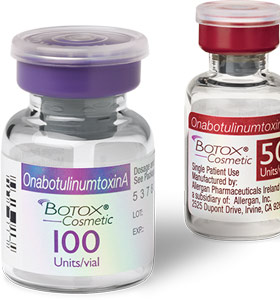

… this book is going to serve a wide purpose as a reference book and a read as you go book for physiologists, neuroscientists, neurologists, and neurosurgeons.” (Joseph J. The book is meant for the seasoned and trained brain ischemia researcher as well as neurologists with an avid interest in this area. “This book on ionic channels in cerebral ischemia is a very detailed analysis of the recent literature on the subject with a wide and in depth scope. Most of his recent papers have appeared in the most qualified international journals in the field of ischemic neurodegeneration. Annunziato has authored more than 150 full papers and his scientific interest is mainly devoted to the molecular pharmacology of plasma membrane transporters and ionic channels involved in the pathophysiology of stroke. He is also the president elect of the Italian Society of Neuroscience. Dr. program and director of the Department of Neuroscience.

He is coordinator of the University's neuroscience Ph.D. Lucio Annunziato is a professor of pharmacology in the School of Medicine at the University of Naples ‘‘Federico II’’, Italy.

It will be a useful tool for researchers working in this field, and any student interested in the physiological, pathophysiological, and pharmacological features of stroke damage. This book provides a groundbreaking review of these ionic channels, pumps, and transporters as regulators of neuronal ionic homeostasis, providing a better understanding of ischemic brain disorders and the new pharmacological avenues for a cure.

New Strategies in Stroke Intervention: Ionic Channels, Pumps, and Transporters analyzes the roles played by targets in stroke development and the potential action of drugs modulating these proteins. Recent evidence, however, suggests that channels, pumps, and ionic exchangers are involved in CNS ischemia and ischemic stroke, but the potential contribution of these channels for curing stroke is far less understood than for many other normal and pathological conditions. To date, few effective therapies have been realized to treat stroke and promising avenues have not proven clinically useful. Ischemic brain damage represents a major source of morbidity and mortality in westernized society and poses a significant financial burden on the health care system.


 0 kommentar(er)
0 kommentar(er)
